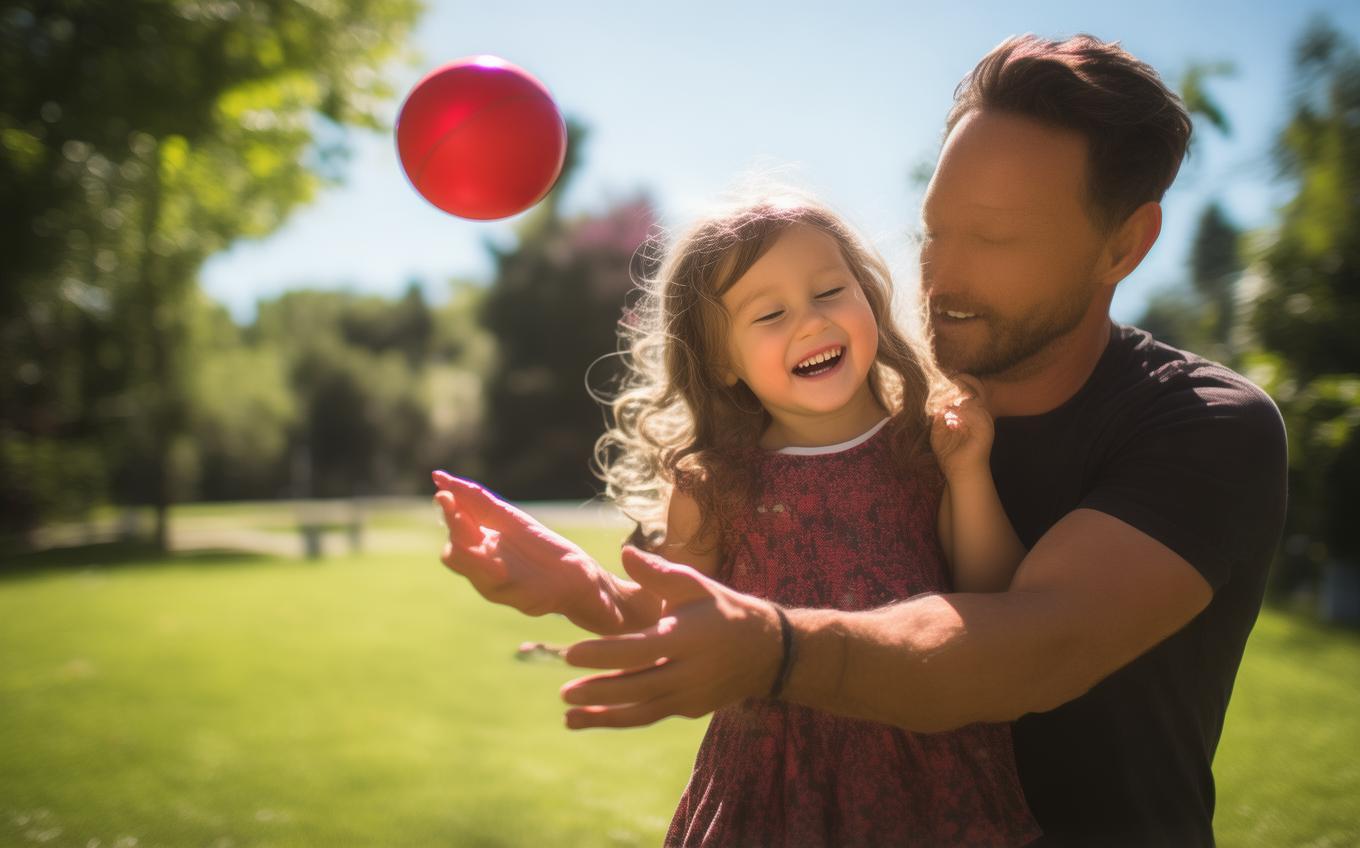Understanding "爸爸" - Chinese Word Explanation
1. Basic Information
- Word: 爸爸
- Pinyin: bà ba
- Literal Meaning: The word consists of two identical characters, both meaning "father."
- Primary Meaning: "Dad" or "father" (a common and affectionate term for one's father).
2. In-depth Explanation
- Context and Usage:
- "爸爸" is the most common and informal way to say "dad" or "father" in Chinese. It is used by children and adults alike when speaking to or about their fathers.
- The term is warm and neutral, suitable for everyday conversations. Unlike some formal terms (e.g., 父亲 fù qīn), "爸爸" carries a sense of closeness and familiarity.
-
The repetition of the character (爸) softens the tone, making it sound more affectionate.
-
Character Breakdown:
- 爸 (bà): The character itself means "father." It consists of the radical 父 (fù), which means "father," and the phonetic component 巴 (bā), which hints at pronunciation.
- The doubling (爸爸) is a common way to form informal kinship terms in Chinese (e.g., 妈妈 mā ma for "mom").
3. Example Sentences
-
Chinese: 我爸爸是医生。
Pinyin: Wǒ bà ba shì yī shēng.
English: My dad is a doctor. -
Chinese: 爸爸,我爱你!
Pinyin: Bà ba, wǒ ài nǐ!
English: Dad, I love you! -
Chinese: 他爸爸每天送他去学校。
Pinyin: Tā bà ba měi tiān sòng tā qù xué xiào.
English: His dad takes him to school every day.
Cultural Notes
- In Chinese culture, "爸爸" reflects the importance of family and respect for parents. While it is an informal term, it is never disrespectful.
- Unlike in some Western cultures where "dad" might be replaced by nicknames (e.g., "pops"), "爸爸" remains the standard term throughout one's life.
- During Father's Day (父亲节 fù qīn jié), children might use "爸爸" in cards or messages to express love and gratitude.
Conclusion
"爸爸" (bà ba) is the go-to word for "dad" in Chinese, conveying warmth and familiarity. Whether you're a child or an adult, this term is universally appropriate for addressing or referring to your father. Remember the doubled character for a natural, affectionate tone!




Comments (0)
No comments yet. Be the first to comment!